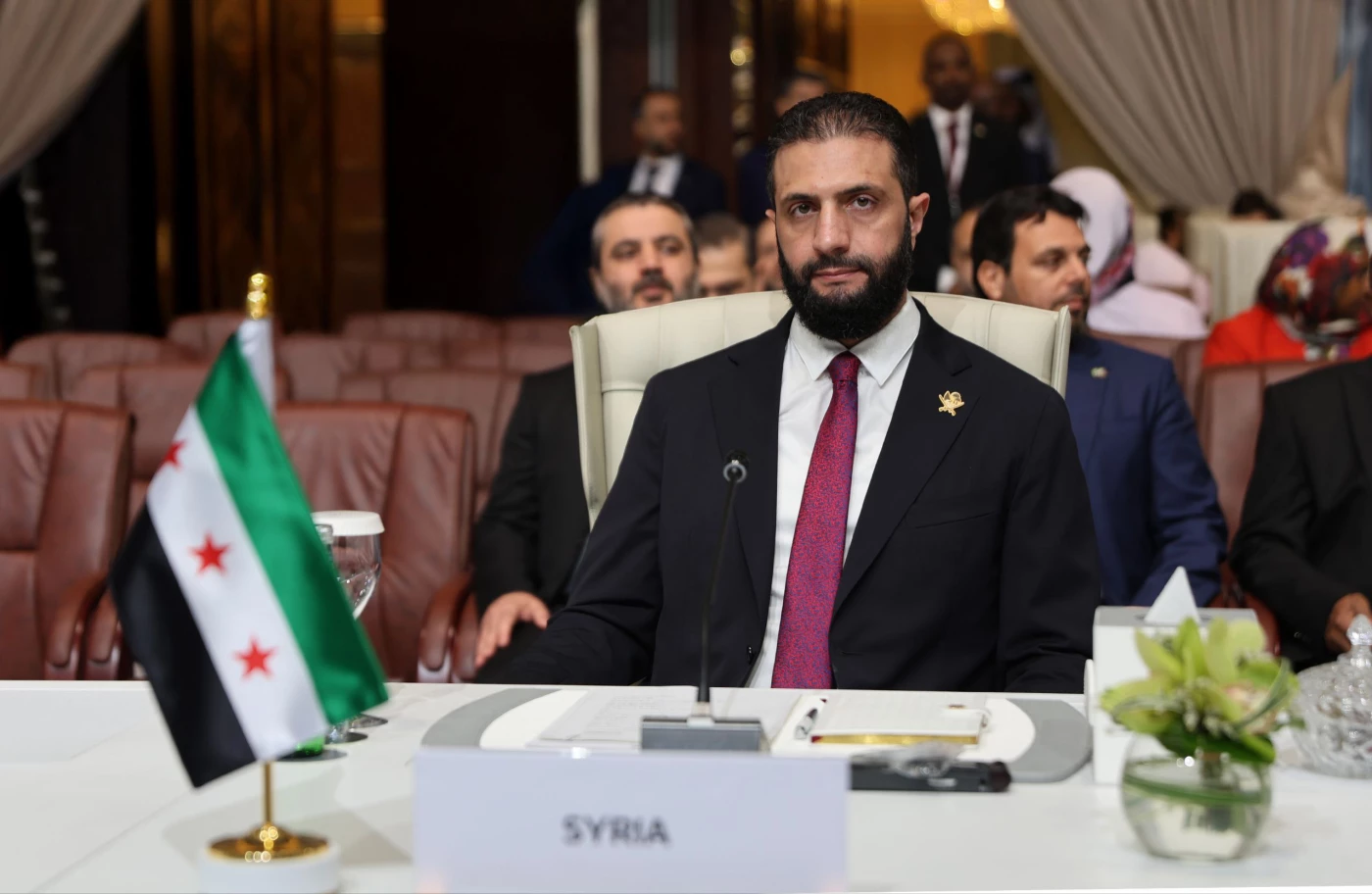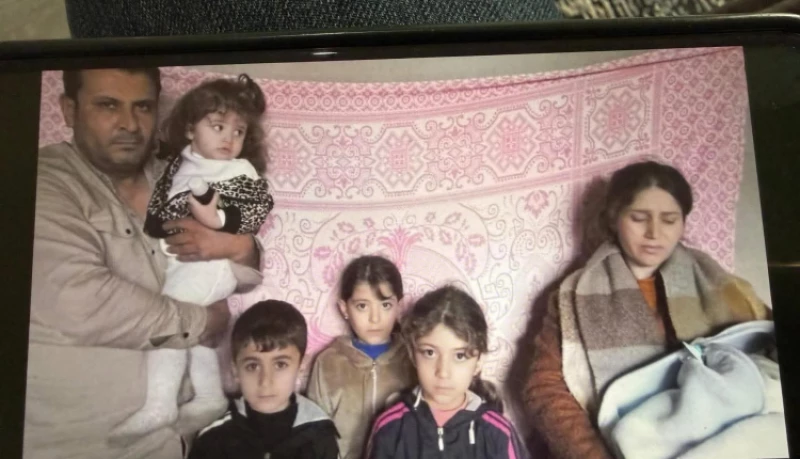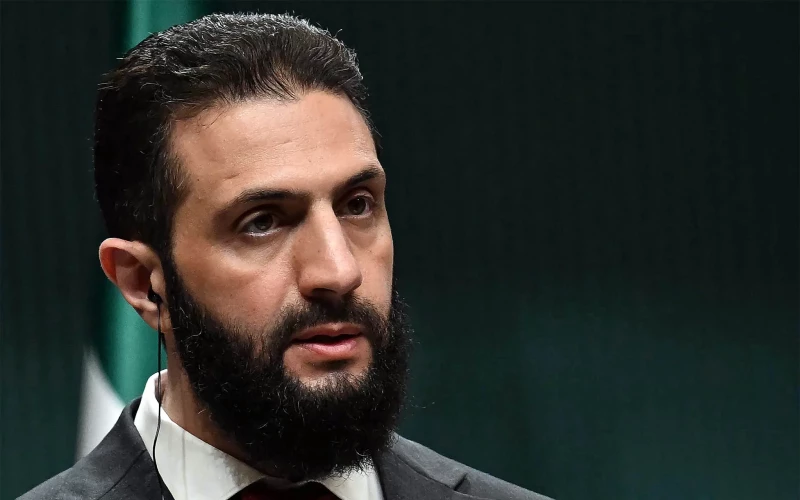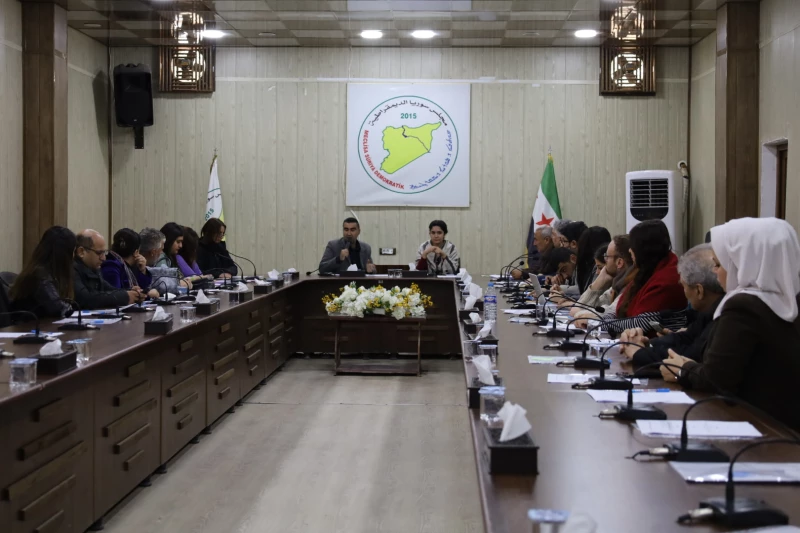ERBIL, Kurdistan Region of Iraq – Syrian President Ahmed al-Sharaa said on Wednesday that negotiations between his country and Israel regarding a security agreement are close to bearing fruit.
Israel has repeatedly launched airstrikes against Syria since the fall of the Bashar al-Assad regime, nominally to destroy weapons caches and protect the minority Druze community that has been the target of sectarian massacres at the hands of armed forces affiliated with the new Damascus government.
Sharaa told reporters on Wednesday night that negotiations to come to a security pact with Israel could lead to results “in the coming days,” while describing the move as a “necessity” in light of the Israeli incursions on Syrian territory since the fall of former President Bashar al-Assad in December. The Syrian president further noted that the pact must respect Syria’s territory and aerial space, and be carried out under UN supervision.
Israeli warplanes last week carried out air raids on the countryside of Latakia and Homs provinces, western Syria. The Syrian foreign ministry condemned the attacks as “a flagrant violation” of international law. The attacks targeted residential areas in both provinces according to Syrian state media.
Sharaa said that Tel Aviv had carried out over 1,000 airstrikes and more than 400 ground incursions into Syrian territory since December 8, the day of Assad’s fall to a rebel offensive spearheaded by the Sharaa-led Hayat Tahrir al-Sham (HTS) forces.
Israeli forces in early September detained at least seven individuals after penetrating a village in the Jubata al-Khashab town, in the northern countryside of Quneitra, with a convoy consisting of 16 vehicles.
Israel’s Defense Minister Israel Katz in December ordered the Israeli forces to complete the takeover of the 1974 buffer zone in the Golan Heights, separating the two states.
The buffer zone was established by the 1974 Disengagement Agreement between the two countries, which was signed following a battle to establish a ceasefire and limit military mobilization on both sides. Israel claims that, with the fall of the Assad regime, the agreement is considered void until the restoration of order in Syria.
Sharaa hinted at the possibility of other agreements, should the security pact succeed, he ruled out signing the Abraham Accord to normalize ties with Tel Aviv however, at the current time.
Syria’s Foreign Minister Assad al-Shaibani met with Israel’s Minister of Strategic Affairs Ron Dermer in Paris on August 20 to request the Israeli government to cease its interference in Syrian affairs, as well as the military incursions, according to a statement from the ministry.



 Facebook
Facebook
 LinkedIn
LinkedIn
 Telegram
Telegram
 X
X


